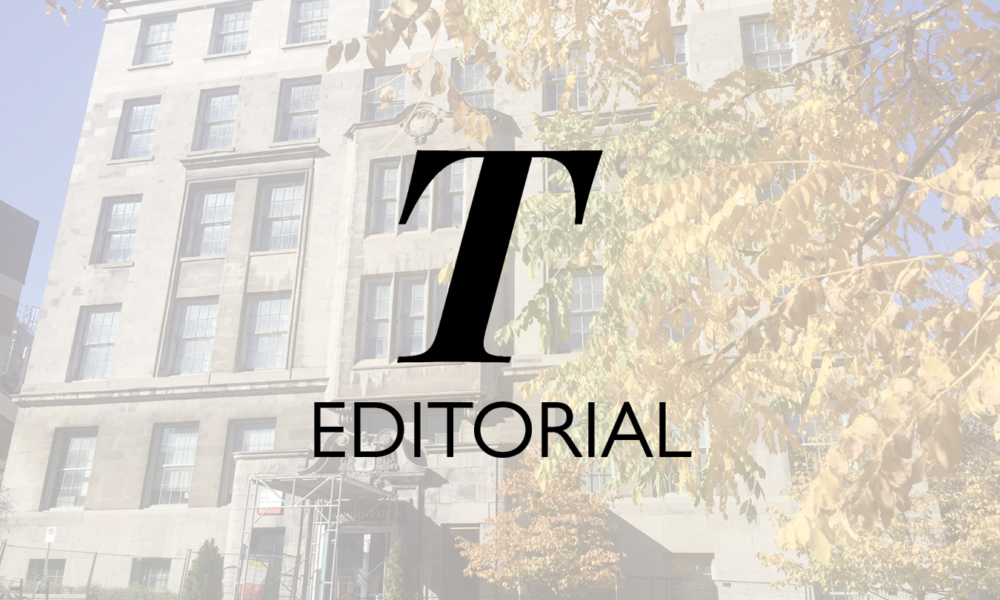On Oct. 24, the Quebec government unveiled a new education program called Culture and Citizenship in Quebec (CCQ). The new course will take the place of the previous Ethics and Religious Culture (ERC) program. Intended to broaden student engagement with Quebec values, the program is currently undergoing a curriculum drafting process for both primary and secondary schools and will be deployed in schools for the 2022-23 school year as a pilot test. The curriculum is slated to be fully implemented by 2023-24. When Quebec Education Minister Jean-François Roberge announced the program, he emphasized that Quebec’s rich cultural legacy should be shared with students but that, at the same time, students could disagree “respectfully.” But instead, the program ends up enforcing an idealized version of Quebec culture that erases cultural difference and breeds xenophobia. In light of criticisms by Indigenous groups and religious leaders, the Quebec government should halt the CCQ’s drafting process. Only by engaging with the various cultural and religious stakeholders on the land now known as Quebec can the provincial government actualize the program’s goal of dialogue and critical thinking skills.
When the Quebec Liberal Party (QLP) first introduced the Ethics and Religious Culture program in 2008, the intention was to teach students about the diversity of religions and cultures from an unbiased perspective. Considering how colonial governments used religion to further their imperial projects and how religion often finds itself at the root of global conflict, teaching—rather than proselytizing—religion bridges cultural gaps among students. As the Coalition Avenir Quebec (CAQ) began its secularizing mission—infamously embodied by Bill 21, which prohibits public servants from wearing religious symbols—they sought out recommendations on how to best secularize the former ERC program. While Quebec’s culture certainly remains influenced by secularism and the legacy of the Quiet Revolution—a period during which the province retreated from the Catholic Church––religion still plays an important part in the lives of many Quebecers. Further, the government should not view religious differences as antithetical to Quebec culture, especially as the province sees rising levels of anti-Semitism and disproportionate violence and discrimination against Muslims. Under both Bill 21 and the CCQ, female Muslim teachers will continue to be stripped of their freedom of expression and identity, and intolerance and hate crimes toward Muslims risk seeing an even greater increase. Even if secularism belongs in education, students will not become citizens of the world, nor will they grasp the full picture of Quebec’s culture, through the total erasure of religion.
A major critique of ERC that provoked its revision was its focus on multiculturalism. A national right-wing promotion of a citizenship “values tests” set the groundwork for a closed-minded approach to Quebec culture. Such an approach has fueled nationalist extremism at the expense of minorities. Similar to comprehensive sexual education, students should be provided space to discuss religion openly. A fear of sharing or expressing one’s religion can create stigma and have disastrous impacts on identity formation. Teachers should be trained to explain religion, ethnicity, identity, and all their complex intersections, to foster a safe and inclusive environment.
The purpose of CCQ itself remains suspect, especially due to the government’s lack of consultation with Indigenous groups to whom the land belongs. Premier François Legault repeatedly denies the presence of systemic racism in the province and the non-Indigenous Minister of Indigenous Affairs Ian Lafrenière claimed that Indigenous groups had been consulted, despite the fact that many groups refute this. Exercises in promoting Quebecois culture and “nation”-building run counter to Indigenous peoples’ sovereignty and well-being. Quebec should move away from settler-colonial pedagogy, and toward championing Indigenous culture. Only then can students, teachers, and the province tap into the tenets of equality, conscience, and self-respect the CCQ aims to realize.
As it stands, Quebec’s redrafting process signals that freedom of expression in the province is only given to those who submit to CAQ’s narrow doctrine, rules, and guidelines. Legislating a strict, “nationally cohesive” culture through the education system may be a clever political move to harness power from rural and suburban Quebecers detached from the religious diversity of Montreal and Quebec City. However, without proper consultation with Indigenous groups and religious minorities, the program will obscure differences to marginalized groups’ harm and majority groups’ ignorance.









Pingback: Stop making a celebratory spectacle out of war - The McGill Tribune